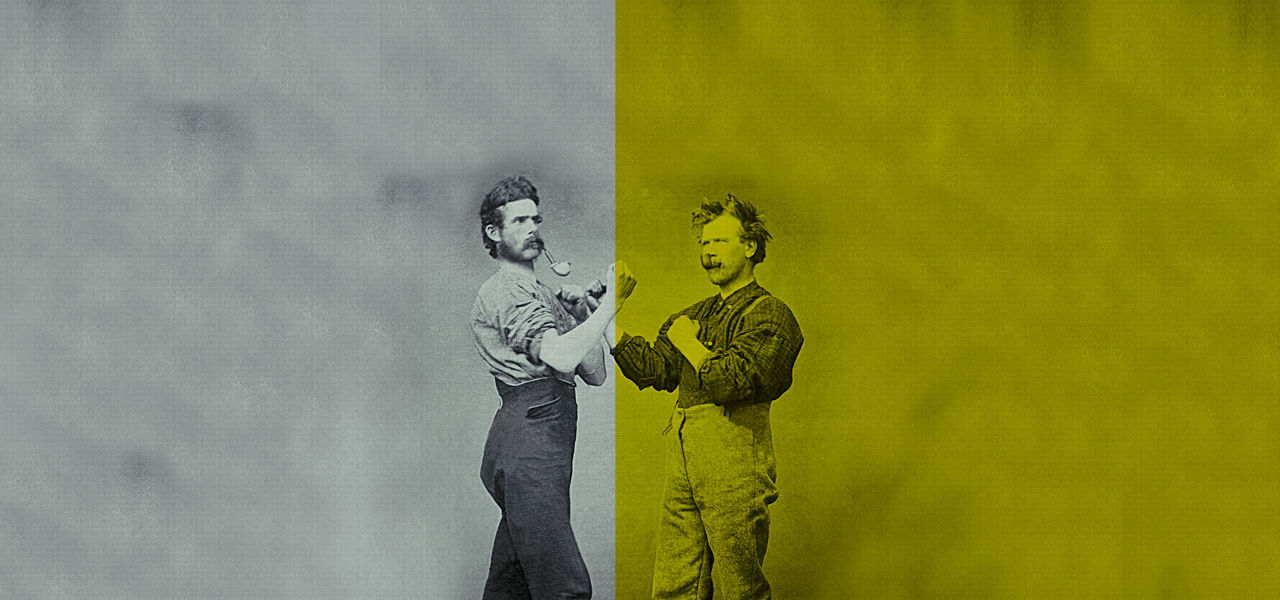Being Where Your Feet Are: Sonship & The Art of War
- Kelly Love
- Jul 5, 2025
- 4 min read
I should probably start with an apology... perhaps it'll be worth reading... I just spent the 4th of July weekend doing a strange mix of things: Studying The Art of War by Sun Tzu, doing yard work, riding ski-doos, hanging with family, and drifting on our cousin’s pontoon with my arm around my wife watching fireworks light up the sky and lake.
In the middle of it all, I kept coming back to this question:
How does a 2,500-year-old book about strategy apply to the life of a son of God?
And maybe more practically:
What does it look like to lead faithfully, right where your feet are planted — instead of being consumed by what’s next, what’s bigger, or what seems more important?
It hit me: In leadership — whether at work, in family, in ministry, or simply in your circle of influence — the most important job is the one you have right now. And the most important meeting is the one you’re already in.
So what does it look like for a son — not an orphan striving to prove himself — to lead strategically, faithfully, and courageously?
That’s where the five areas of war from "The Art of War" come in.
I'm still mulling how to translate these ancient principles into a battle plan for men who lead not from fear, but from sonship.
The Son’s Battle Plan
The Five Essentials to Pay Attention To
Essential #1 - Moral Law (Why): As a son, your cause isn’t ego, platform, or applause. It’s faithfulness to what the Father has called you to do.
Context: The world tells us to build our own brand, chase applause, and prove our worth.But the “why” of a son is different.Your leadership flows from the conviction that you were put here, in this exact place and time, to love, serve, and advance the Father’s mission — not your own. Even the best strategy falls flat if your “why” is undefined, rooted in insecurity or pride.
Reflection question:
Is my leadership truly driven by faithfulness to God — or by my need to be seen and validated?
Essential #2 - Heaven (Timing): Stop forcing doors open in your own power. Discern the season God has you in.
Context: Orphans panic when things move slowly. Sons trust the Father’s timing — even when it means waiting. Boldness isn’t recklessness. It’s the courage to move when the Father says “go,” and the strength to stand still when He says “wait.” Even good ideas can crumble if you launch them in the wrong season.
Reflection question:
Where am I pushing for something that God may be asking me to wait on?
Essential #3 - Earth (Reality): Lead where your feet actually are — not where you wish they were.
Context: We fantasize about a “better” team, a different city, a bigger audience. But sons look at the ground God has actually given them and ask: “Father, what do You want to build right here?” They see the real people, the real challenges, and the real opportunities — and they steward what’s in front of them.
Reflection question:
Am I faithfully leading where I am — or wishing I was somewhere else?
Essential #4 - Commander (You):
Lead yourself first.
As the commander of your own war, you are the most valuable player.
Develop yourself. Confront the hidden compromises, the excuses, and the fear that whispers you’re not enough. Read good books. Stay grounded in the Word. And like David, learn to encourage yourself in the Lord.
Not to prove your worth—but to live from your true identity as a beloved son.
It means practicing humility, repentance, and honesty — not so you can look spiritual, but so your life can actually be trusted.
Reflection question: Where in my private life do I need to surrender, repent, or grow?
Essential #5 - Method and Discipline: Put systems, rhythms, and accountability in place — so your gifting serves your mission instead of sabotaging it.
Context:
Discipline isn’t legalism.
It’s how sons protect the treasure the Father has entrusted to them.
Prayer, Sabbath, confession, mentors, wise counsel — these aren’t burdens; they’re guardrails. They keep your zeal from burning out and your gifting from burning you up.
Reflection question: What new rhythm, boundary, or practice do I need to put (back) in place to protect my heart and mission?
In the end…
Your most important job is the one God has given you right now. Your most important meeting is the one you’re already in. And your most powerful strategy isn’t proving yourself — it’s remembering who you already are: A beloved son. *The Art of War was written by Sun Tzu (also spelled Sunzi), a Chinese military strategist and philosopher. He is traditionally believed to have lived during the Eastern Zhou period of ancient China, around the 5th century BC. The text is one of the most influential works on strategy, leadership, and conflict ever written—and its insights have been applied far beyond warfare, in fields like business, sports, ministry, and personal development.





Comments